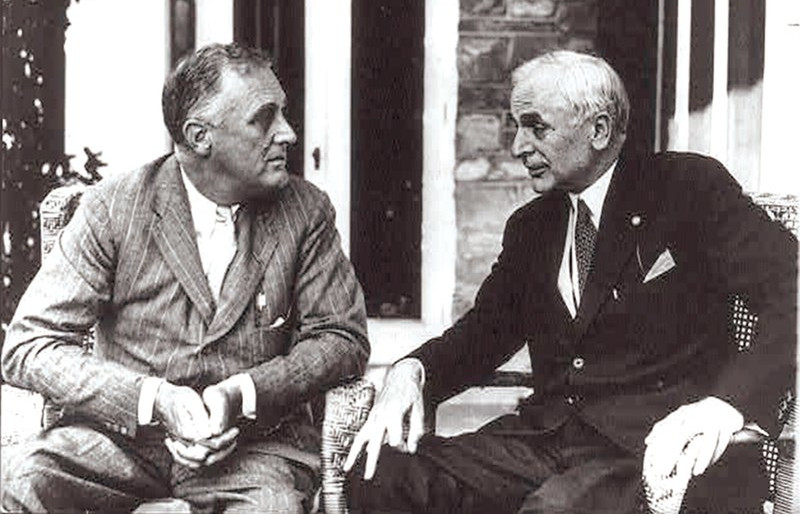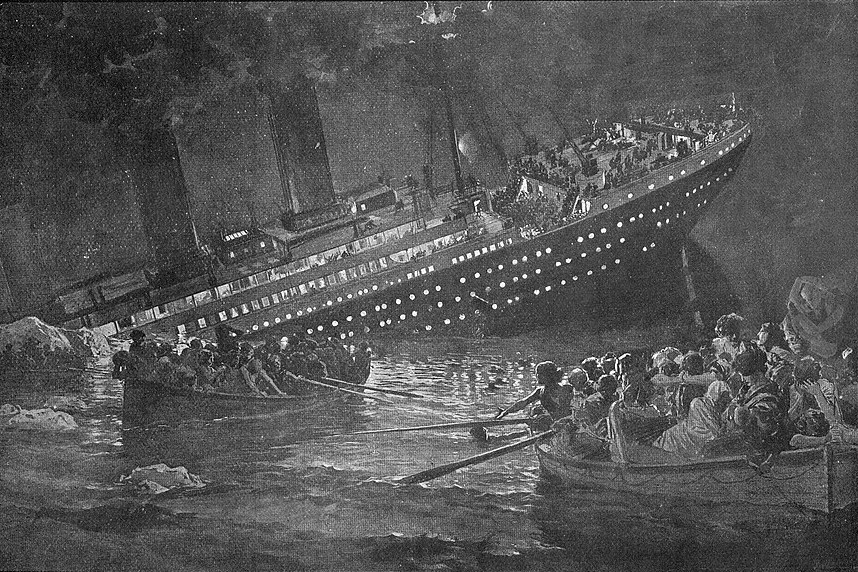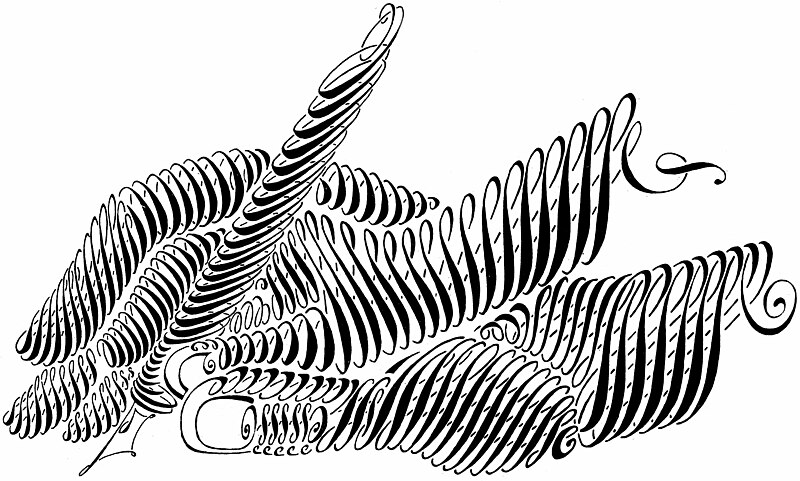postation
n. the placing of one thing after another
consectaneous
adj. succeeding, following as by consequence
resiliating
adj. that resumes or causes to resume a former shape or position
finifugal
adj. shunning the end of something
Jason Allemann built this infinite LEGO domino ring in 2023. Sixty-four dominoes fall in a continuous loop, with a robot circulating perpetually opposite the cascade to restore the tiles to their standing state.





